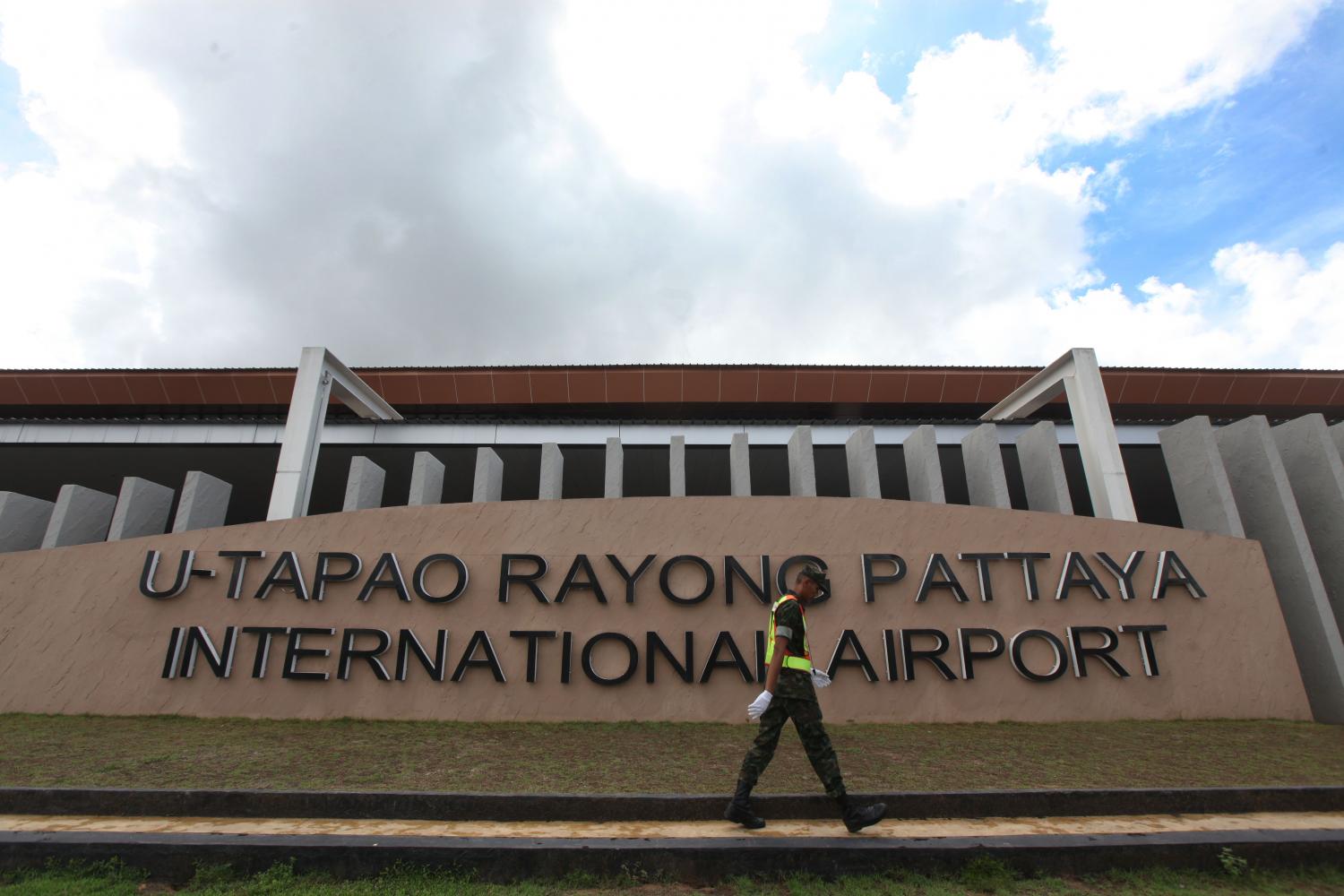
The Eastern Economic Corridor (EEC), the government's flagship infrastructure project, and a tourism recovery following the pandemic will be the key factors for the property market in the three eastern provinces, according to developers.
Meesak Chunharuckchot, president of the Chonburi Real Estate Association, said many foreign investors, particularly from China and Japan, were interested in investing in the industrial sector of the EEC, comprising Chon Buri, Rayong and Chachoengsao.
"Within the EEC, opportunities will be tremendous," he said. "The US-China trade war will cause some production bases to shift to Thailand while government spending in megaprojects like high-speed trains linking three airports and an expansion of U-tapao airport will boost the potential of the three provinces."
Mr Meesak said foreign tourists are ready to come back to Thailand when the country reopens. Tourists flocked to the Bang Saen area after the restrictions were eased earlier this month.
"The virus crisis will not be as severe as we expected. The new way of life will not be a radical change or create a strong impact on the property market, rather it will raise public health safety standards," he said.
Watchara Pincharoen, president of the Chachoengsao Real Estate Association, said the EEC and at least 90 projects the government planned in the three eastern provinces would be key drivers for the property market.
"The industrial sector will continue expanding and the tourism industry will proceed in better form than usual," he said. "Thailand has gained the confidence of foreigners on the public health front."
Mr Watchara said the residential market in Chachoengsao was revived in April after a slowdown in March because of the virus, but he suggested the Bank of Thailand and financial institutions help homebuyers access mortgages as the rejection rate has increased.
Premsorn Sriviboonchai, president of the Rayong Real Estate Trade Association, said many homebuyers, particularly those working for the hospitality and tourism sectors, as well as factories, were rejected for mortgages.
"The banks' criteria has become stricter for this category. Many employees at factories had to work from home during the lockdown and received 75% of their salaries. They were not granted mortgages," said Mr Premsorn.
Vichai Viratkapan, acting director-general of the Real Estate Information Center, said the residential market in the three provinces will be slow this year, in line with the second half of 2019.
The monthly absorption rate in Chon Buri will continue falling from 2.1% in the second half last year to 1.1-1.3% this year, despite lower supply being launched this year. In Rayong, residential transfers this year will drop by 19% for units and 7% in value from last year.